- From January to November 2022, China's infrastructure investment will increase by 8.9% year-on-year
- It is expected that infrastructure REITs will enter a period of rapid development in 2023, and the total issuance scale is expected to exceed 200 billion yuan
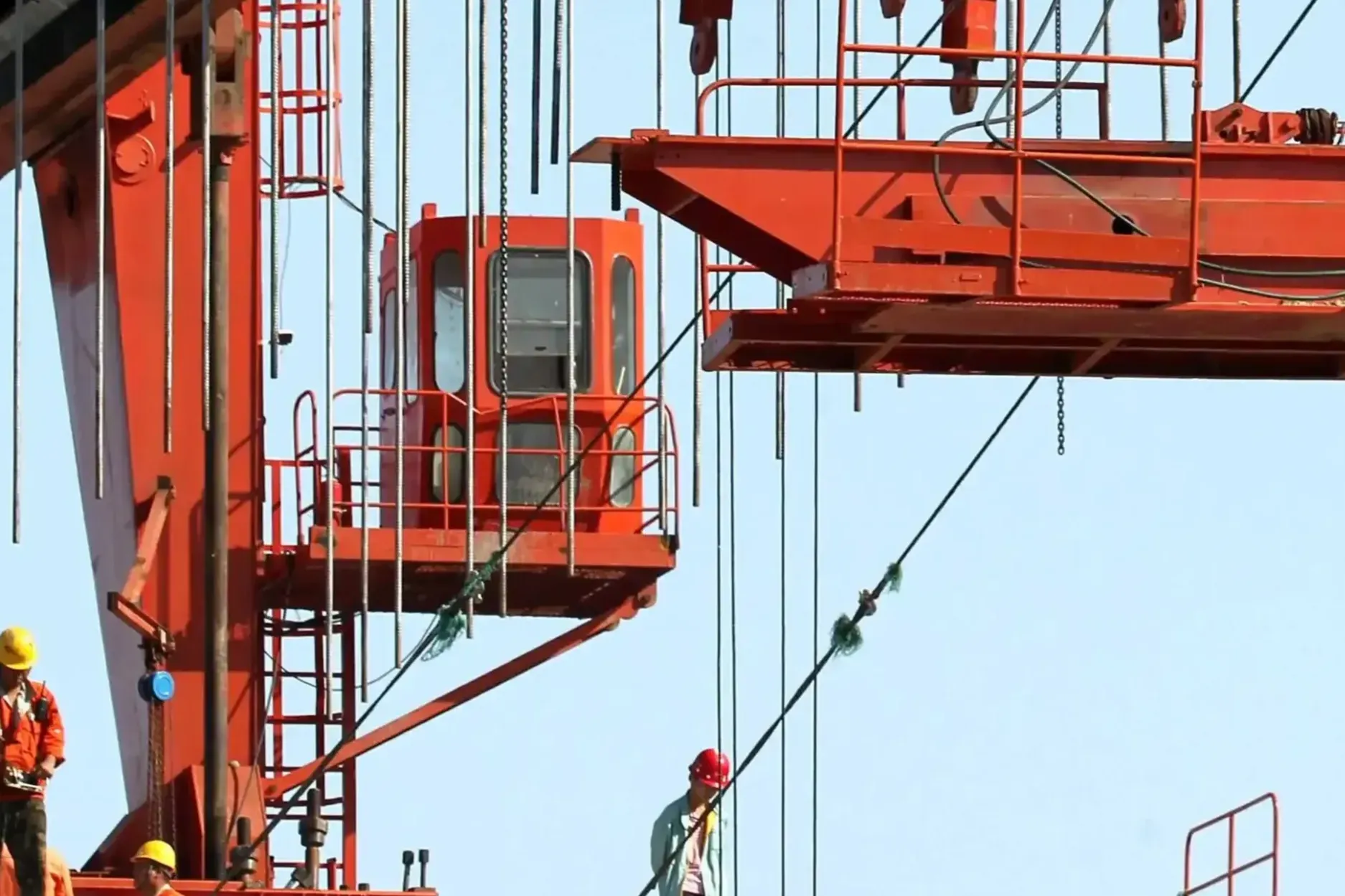
What are the new trends in China's infrastructure field in 2022, how strong is the policy support, which areas are the development priorities, and how will infrastructure REITs and PPP projects develop? Recently, industry experts gathered at the 7th China PPP Forum to discuss these hot topics one by one.
Industry experts pointed out that in 2023, China's infrastructure policies will be more precise and powerful, ESG evaluation of investment projects will become a new trend, infrastructure REITs will enter a period of rapid development, and PPP projects will become more standardized and orderly.
The economic situation will generally improve in 2023, and infrastructure policies will be more precise and powerful
A good economic situation is the basis for the development of all walks of life, and also provides a prerequisite for infrastructure construction. Yang Weimin, member of the Standing Committee of the National Committee of the Chinese People's Political Consultative Conference and deputy director of the Economic Committee, believes that China's economic growth is expected to return to a reasonable range in 2022, and the economic situation will generally improve. At present, the key points affecting economic development are resident consumption, real estate, platform economy, and private economy. These four key points are also the key to whether the economic situation will improve in general in 2022.
Regarding the policy trend in the field of infrastructure in 2022, Han Zhifeng, deputy director of the Investment Department of the National Development and Reform Commission and a first-level inspector, believes that China’s policy support for infrastructure construction in 2023 will not be weaker than that in 2022, and will be more precise and powerful .
"In 2023 and for a period of time to come, China's infrastructure investment and financing will focus on at least six areas, including low-carbon emission reduction, new infrastructure, key people's livelihood security, major regional development strategies, infrastructure improvement, and urban renewal." Han said. Zhifeng said.
From January to November, China's infrastructure investment increased by 8.9% year-on-year. 3.6 percentage points faster than the growth rate of national fixed asset investment. Among them, China's innovative and important policy tool launched this year - policy-based development financial tools, has played an important role. Industry experts predict that China will continue to play the role of this financial tool in 2023.
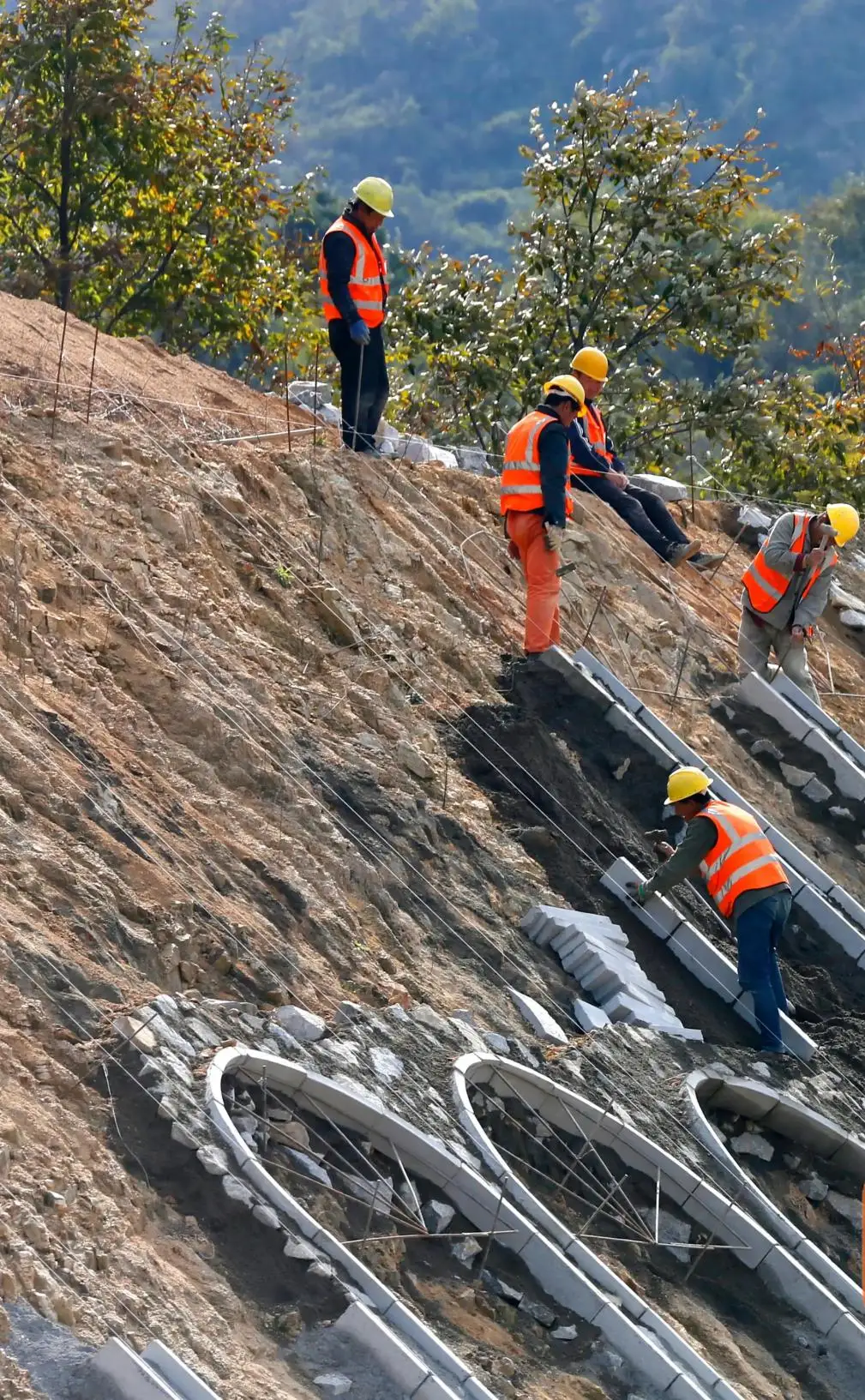
"Policy-oriented developmental financial instruments are the most important innovative tools for infrastructure investment and financing implemented in China in 2023, and are important practical achievements of China's investment and financing system reform." Chief Economist of China International Engineering Consulting Co., Ltd., China PPP Consulting Agency Li Kaimeng, secretary-general of the forum, said that policy development financial instruments have seven important characteristics, one is to innovate the way of project capital raising, the other is to coordinate the application of various policy tools, the third is to guide and leverage market-oriented financing, and the fourth is to effectively reduce financing costs. The fifth is to explore new channels for bank equity investment, the sixth is to promote high-quality development, and the seventh is to effectively promote effective investment.
Yang Yongheng, co-director of the PPP Research Center of Tsinghua University, believes that in 2023, the basic role of consumption in economic development and the key role of investment in optimizing the supply structure will be strengthened. Government investment and policy incentives will effectively drive social investment, encourage and attract more Private capital participates in the construction of major national projects and short-term projects.
Zhou Peng, executive director and vice president of Tianyi Holdings Co., Ltd., believes that to increase the enthusiasm of enterprises to invest in infrastructure, it is necessary to ensure the exit channel of asset securitization for fixed asset investment. Moreover, the entire life cycle of the project needs to rely on cash flow. It is recommended that financial institutions use digital means to conduct accurate analysis and make flexible institutional arrangements.
Chen Yaxin, vice director of Huawei's China Industry Development and Ecology Department, suggested that in 2023, the government, industry, academia, research, finance, media, and users will work together to support the interconnection and interoperability of sensing devices, increase the digital transformation of infrastructure, and realize the sustainable development of infrastructure. Continue to operate.
Infrastructure REITs will enter a period of rapid development
Han Zhifeng believes that after the previous pilot period, the institutional rules of infrastructure REITs are more complete, the types of assets are more abundant, and the market operation is more stable, and the driving effect on infrastructure investment and financing is increasingly apparent. It is expected that infrastructure REITs will enter a period of rapid development in 2023. The total number of REITs issued is expected to exceed 60, and the total issuance scale is expected to exceed 200 billion yuan.
Zhang Zheng, deputy dean of Peking University's Guanghua School of Management, believes that the public offering REITs market is an important part of carbon-neutral finance, and will serve the low-carbon transformation of the economy and society in three aspects. First, the public offering REITs market will play its investment and financing functions. Support the development of zero-carbon industries; second, the public REITs market can provide market incentives for the low-carbon transformation of the real estate sector; third, a sound carbon pricing mechanism requires a public REITs market.
"The key points for the development of public REITs under the goal of carbon neutrality include promoting the development of the REITs market in key areas, launching an information disclosure system aimed at achieving the goal of carbon neutrality, building a REITs governance structure for zero-carbon development, and improving professional evaluation and rating capabilities. , strengthen investor education, establish connections with the carbon trading market, etc." Zhang Zheng said.
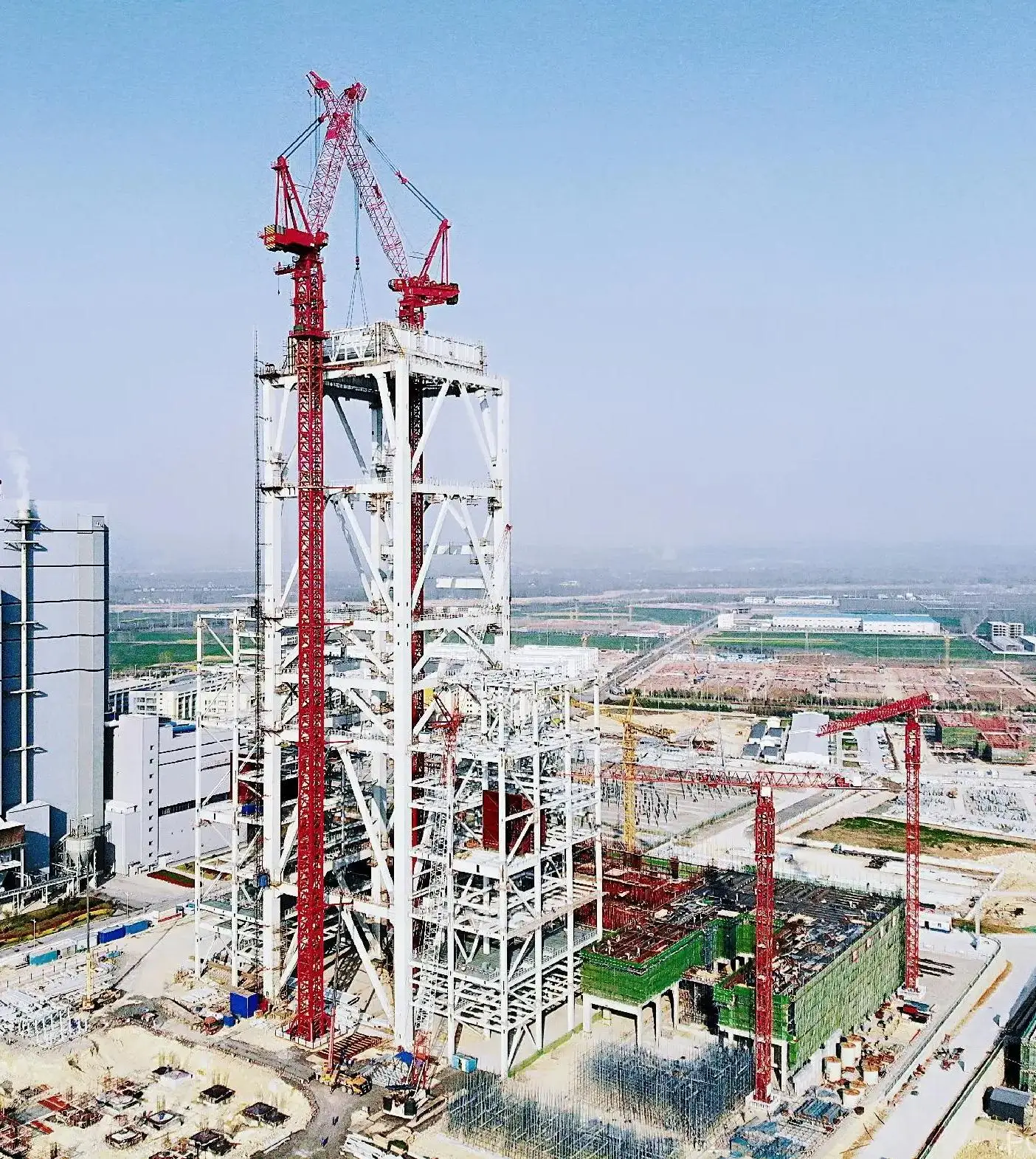
Regarding the development trend of PPP in 2023, Han Zhifeng believes that the policy orientation of the state’s support for PPP has not changed. In the future, PPP projects should be more standardized and orderly, focusing on scientific decision-making, open and transparent processes, fair and reasonable contracts, equal emphasis on construction and operation, and legal and legal financing. Regulations and strict prevention of debt risks.
"China's PPP has been more than 40 years since the 1980s, and has formed some Chinese characteristics and experience. It has achieved the establishment and improvement of the infrastructure system, promoted the transformation and upgrading of social capital, strengthened the capacity building of each subject of the project, and deepened the supply-side structure. Achievements such as reform and promotion of supporting financial product innovation.” said Wang Shouqing, chief expert of the PPP Research Center of Tsinghua University.
ESG evaluation of investment projects has become a new development trend
Industry experts believe that ESG (environmental, social and governance) evaluation for investment projects including infrastructure has become a major development trend.
Ross Butler, a senior social development expert of the World Bank and social development coordinator of the World Bank Representative Office in China, believes that project environmental and social management runs through the entire life cycle of design, implementation, completion, and post-evaluation, and strengthens the "project" in ESG. Social” and “governance” elements are of great significance to promoting PPP projects and low-carbon and new infrastructure financing.
Xu Chengbin, deputy director of the Research Center of China International Engineering Consulting Co., Ltd. and deputy secretary-general of the China PPP Consulting Organization Forum, believes that ESG has become an important consideration for international investment decisions. The ESG evaluation of investment projects needs to learn from the ESG rating experience of domestic and foreign companies, pay attention to the environmental and ecological impact of investment projects, the impact of carbon emissions and "dual carbon" goals, social impact, and operational organization plans, etc., establish a multi-level evaluation index system, and Adhere to the principles of combining general and industry individual indicators, combining qualitative and quantitative evaluations, combining early-stage evaluations with implementation ratings, and combining self-evaluation with third-party evaluations. ESG monitoring and improvement mechanism. Editor/Xu Shengpeng
Comment
 Praise
Praise
 Collect
Collect
 Comment
Comment
 Search
Search





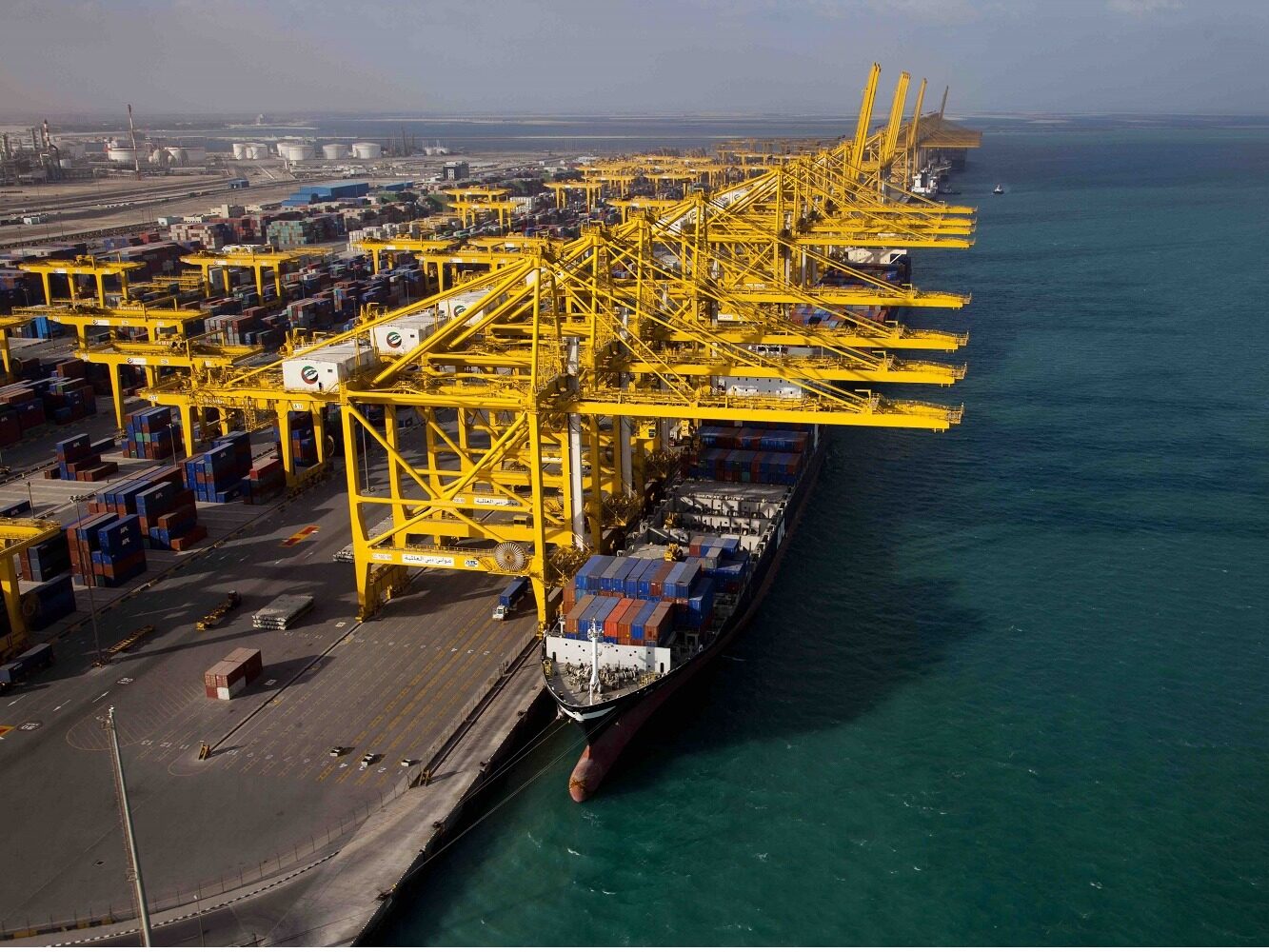
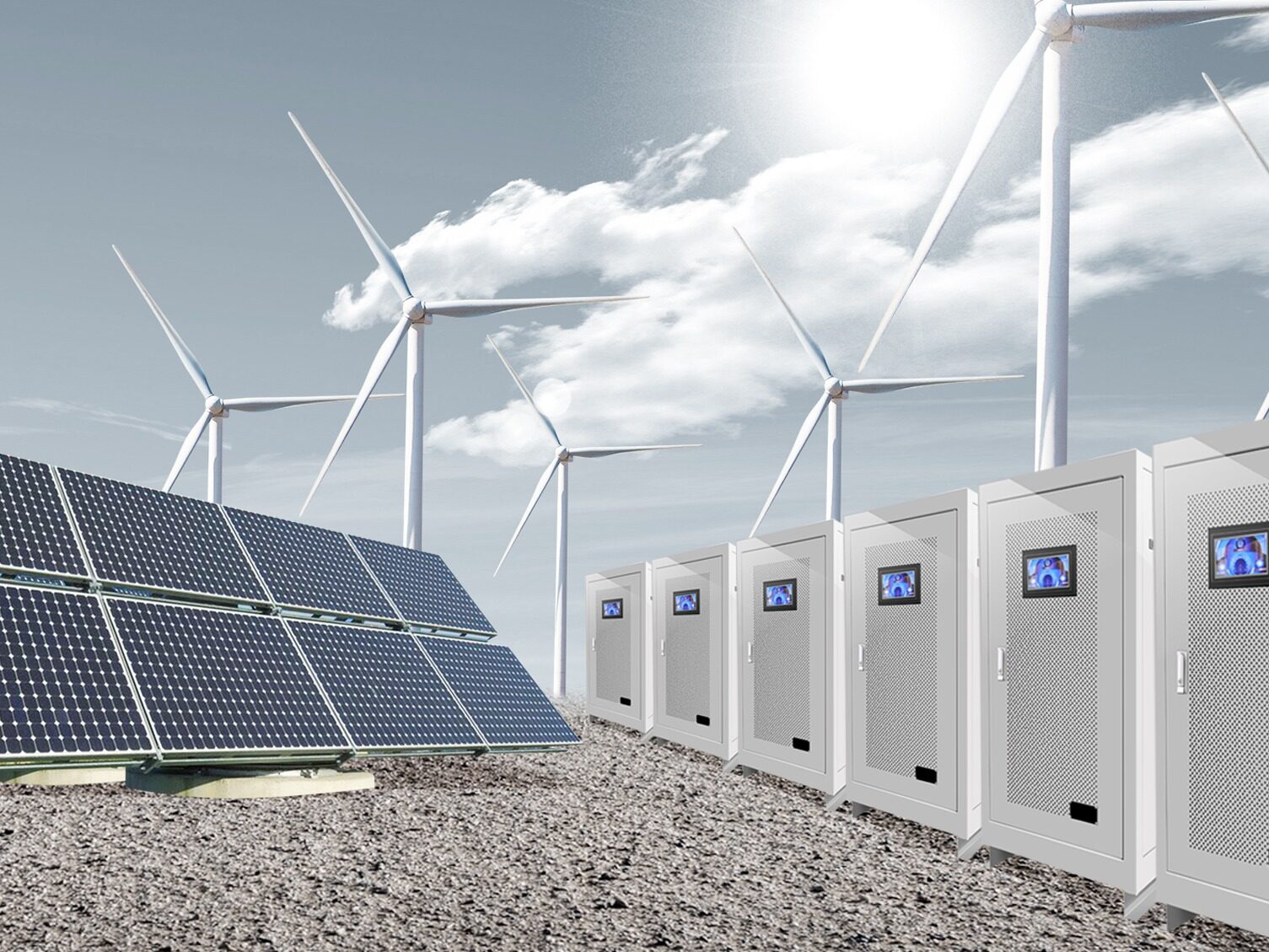







Write something~